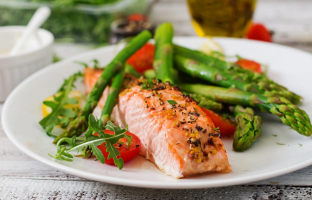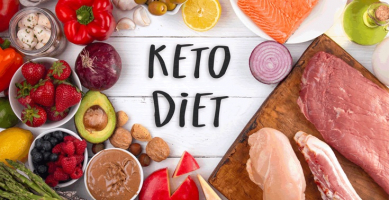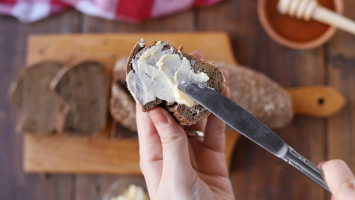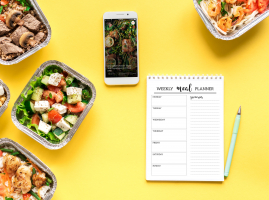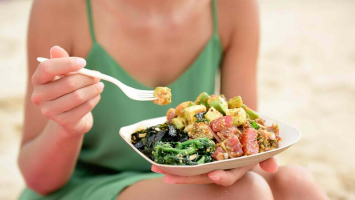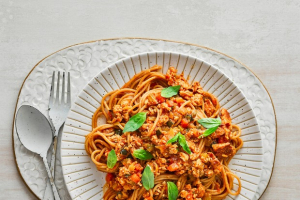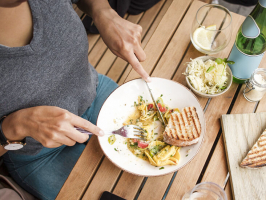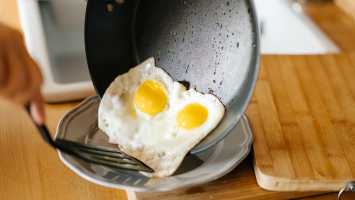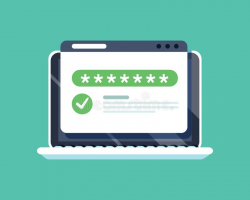Top 10 Tips for Beginners Before Trying the Keto Diet
The ketogenic (or keto) diet has grown in popularity in recent years due to its numerous health advantages. However, if you're new to keto, you can be ... read more...overwhelmed by all of the rules and restrictions, finding it difficult to get started and stick to it. Here are some Tips for Beginners Before Trying the Keto Diet you can refer to!
-
You'll be drastically reducing carbs if you stick to a keto meal plan. Start with 20 to 30 grams of carbs per day, according to Kristen Mancinelli, RD, a dietitian in New York City and author of The Ketogenic Diet: A Scientifically Proven Approach to Fast, Healthy Weight Loss.
Make sure you know what foods are high in carbs, fat, and protein so you can make the right choices. Carbs are found in a variety of foods, including bread, spaghetti, chips, cookies, candy, and ice cream. Although beans are high in protein, they are also high in carbs. Carbs are rich in fruits and vegetables. Meat (protein) and pure fats, such as butter and oils, are the only foods that are carb-free (including olive oil and coconut oil).
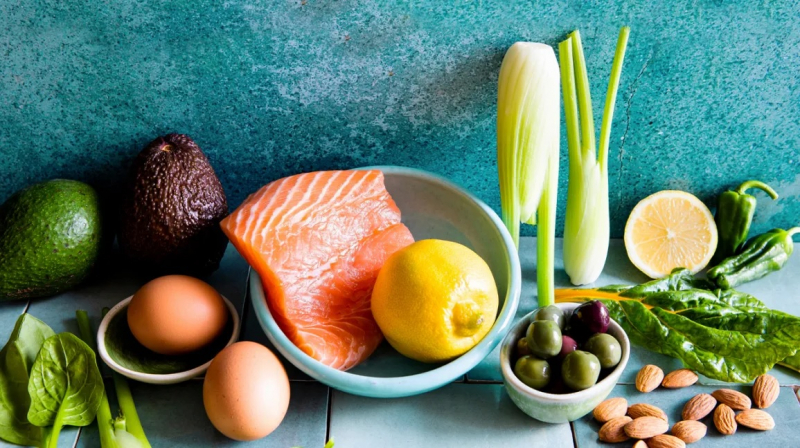
Know what foods you’ll eat and avoid on the Ketogenic diet 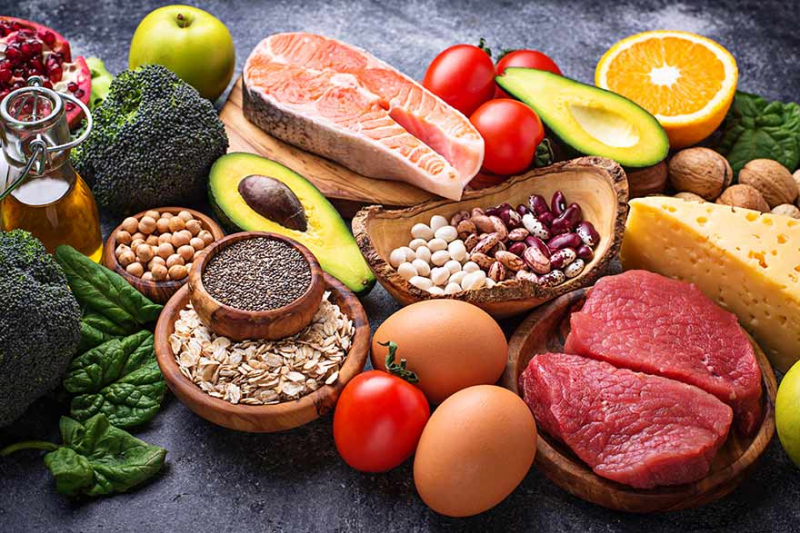
Know what foods you’ll eat and avoid on the Ketogenic diet -
The keto diet is designed restricted in order to catalyze ketosis in your body, you must consume the proper macronutrient balance. However, for some people, following a strict diet isn't possible or sustainable.
According to studies, consuming fewer carbs will help you lose weight and reduce your triglycerides. A modified or "lazy" keto diet, is a simplified version of the keto. To achieve a state of ketosis, a person on the keto diet substantially cuts their carbohydrate consumption and eats a high quantity of fats and a moderate amount of protein. But for these keto-friendly meals you can eat but don't watch your daily macronutrient intake as strictly, can still help you lose weight. It's entirely up to you how rigorously you want to adhere to the keto guidelines. If you're new to keto or worried about how restricted it is, you may take a more relaxed approach while still improving your health.
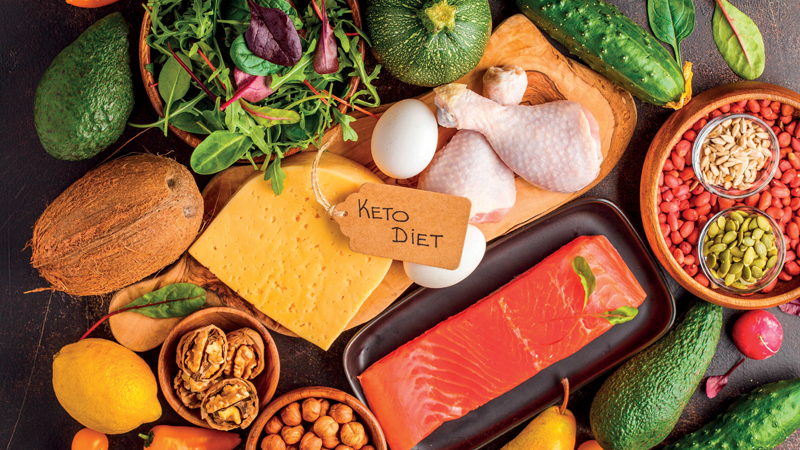
Decide how strict you want to be about it 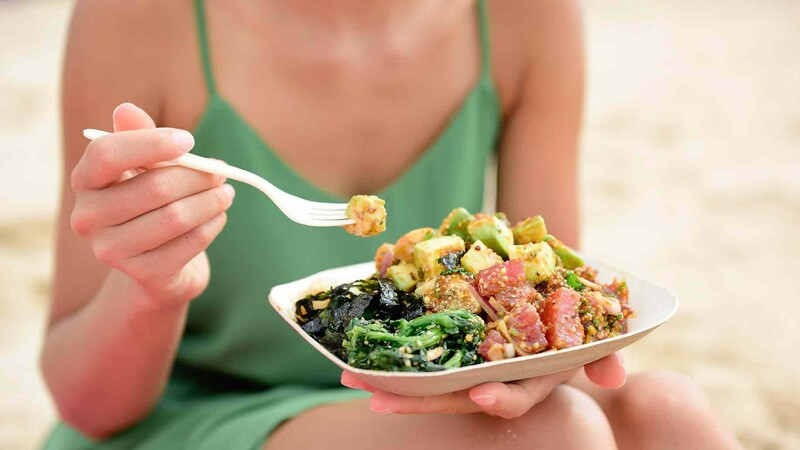
Decide how strict you want to be about it -
When you're on a keto diet, you'll definitely be dining at home a lot, so make sure your kitchen is packed with keto-friendly foods. Throw aside any processed snacks, treats, or other junk items you have in your pantry or refrigerator (or at least stash them somewhere out of sight).
It may not seem like a big deal to leave a bag of chips in your cupboard, but you may not always have the willpower to stick to your diet when you're hungry, worried, or exhausted. You'll most likely grab the first food you can get your hands on and eat it all. Fill your fridge with plenty of good stuff in addition to getting rid of all the good stuff such as avocado oil, butter, and coconut oil are all good sources of healthy fats. Lettuce, spinach, and kale are examples of leafy greens or low-carb veggies including zucchini, cauliflower, and asparagus,...
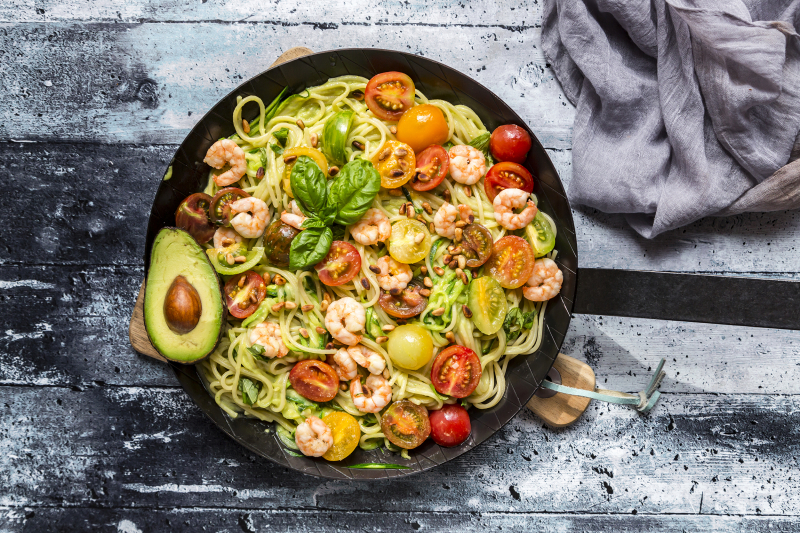
Set up your living space for success 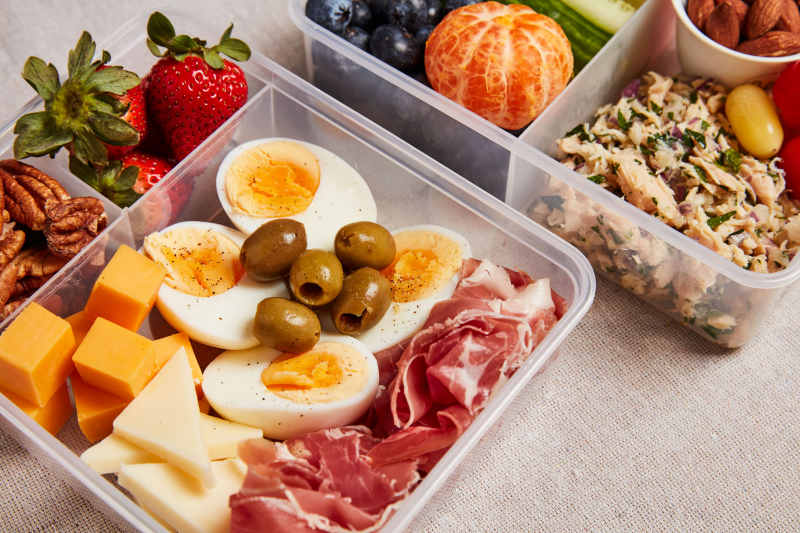
Set up your living space for success -
Keto diets aren't always simple to stick to. If you want to stick with it, you'll need to plan for and predict the types of problems you'll face daily. Consider what you'll do in the evenings when you've had a hard day at work and haven't had the energy to cook. Get some healthful snacks on hand to nibble on when hunger comes.
If you're not cautious, social gatherings might also potentially throw a wrench in your diet. If you're going to a party, make sure you bring food that you can eat ahead of time (even if that means bringing your own meal or eating beforehand). Or if you're still hungry after finishing your meal, try drinking some water, cleaning your teeth, doing something fun, or just waiting 20 minutes for your brain to catch up. If you're still hungry, try a salty, water-packed snack like olives or pickles.

Think about how you’ll navigate challenges 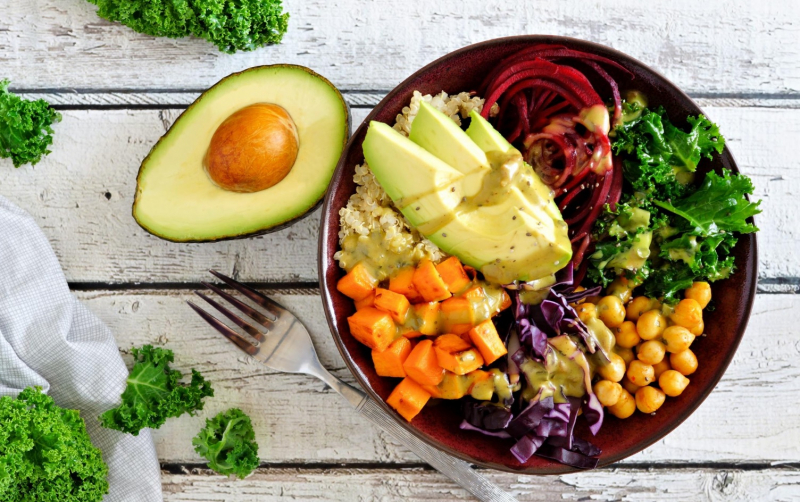
Think about how you’ll navigate challenges -
Planning out your meals on a weekly basis is an easy method to stay on track with your diet. When you're at home, a basic keto meal plan may be followed. Plan to bring snacks and pre-made meals with you while traveling or attending events.
Learning some beginner-friendly keto recipes is a great way to get your first meal plan off to a good start. You may start with a simple plan and then add various recipes to the rotation when you want something new. You'll save time and money if you plan what you'll eat each day - at least roughly. However, creating that plan, ensuring that it matches your macros, has enough variety, and tastes delicious, may be tough and time-consuming. You may also use a keto meal delivery service to eliminate the stress of meal planning and preparation. You'll certainly minimize decision fatigue and reduce the temptation to eat something forbidden if you plan your meals ahead of time.
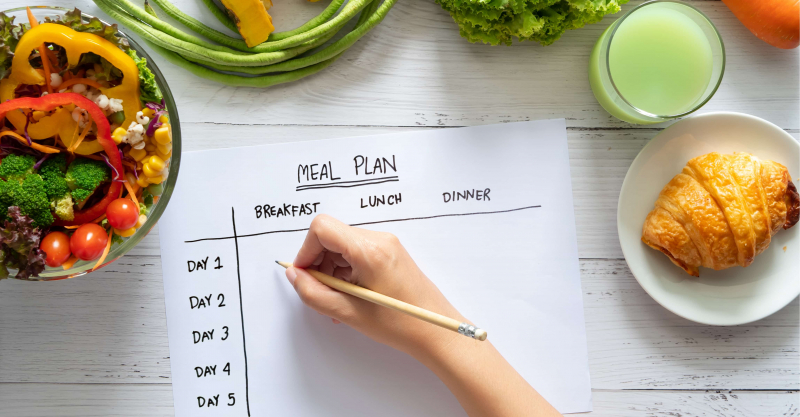
Plan your meals ahead of time 
Plan your meals ahead of time -
Starting out on a new way of eating isn’t easy, and you don’t have to do it alone! When you're on a diet, having the support of your loved ones might make all the difference. Social support has been found in studies to improve the ability to stay to diet and fitness plans.
Let your family and friends know you're going on a keto diet before you start. Have an open, honest conversation with them about your diet objectives and plans, and let them know ahead of time that you may need to eat different meals from them at mealtimes so they're ready. They may or may not agree with your new diet, but let them know how much their understanding means to you as you make the transition to healthy living.
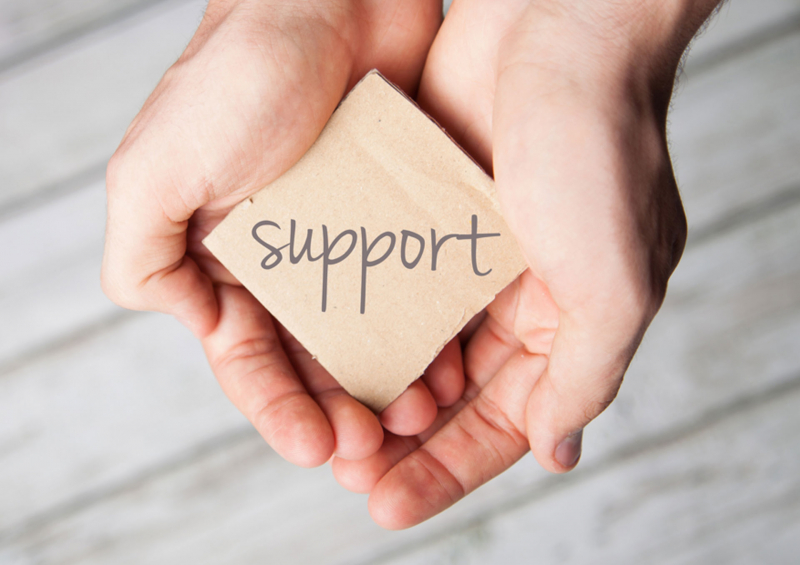
Ask for support from your family and friends 
Ask for support from your family and friends -
A true keto diet is a significant change in most people's eating habits. Even if you aim to follow a rigorous keto diet, remember that it's fine to start slowly. You don't have to completely rebuild your diet straight now.
You're effectively re-training your body to switch from one primary fuel source to another when you follow a keto diet. It takes time for things to change. Your body will adjust with time, and you will most likely make a few mistakes along the way. Begin with small modifications, give yourself time to adjust, and then gradually increase the number of changes you make until you're eating the way you want to. You can start with eliminating all sweets, such as soda and candy, followed by complex carbs, such as bread and pasta, and last, starchy vegetables and fruit.
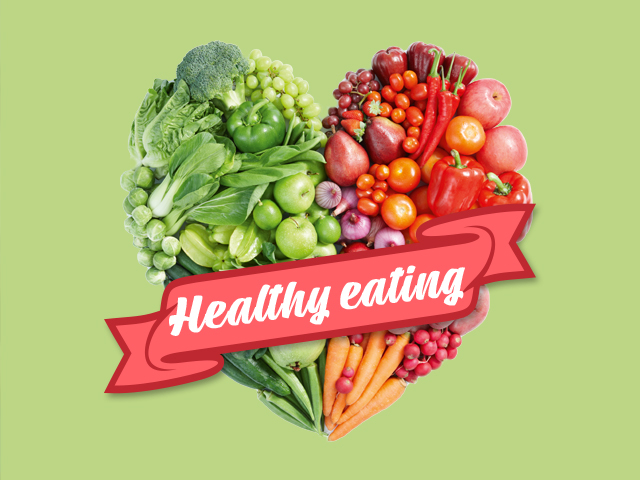
Ease into your new diet 
Ease into your new diet -
The most crucial factor in entering ketosis is limiting carbs, but there's more to it than that. But your macronutrients play a role as well.
It may feel unnatural at first to track your exact carb, protein, fat, and other macronutrient intakes, but it can help you stay on track with your diet. Many people consume considerably more calories and carbohydrates than they know, and tracking your consumption patterns might help you become more aware of your eating habits. Remember that: "Carbs are a limit, protein is a goal and fat is a lever". Some keto dieters like to use apps to keep track of their calories and track their success over time. You can experiment with different apps and options to find out what works best for you.
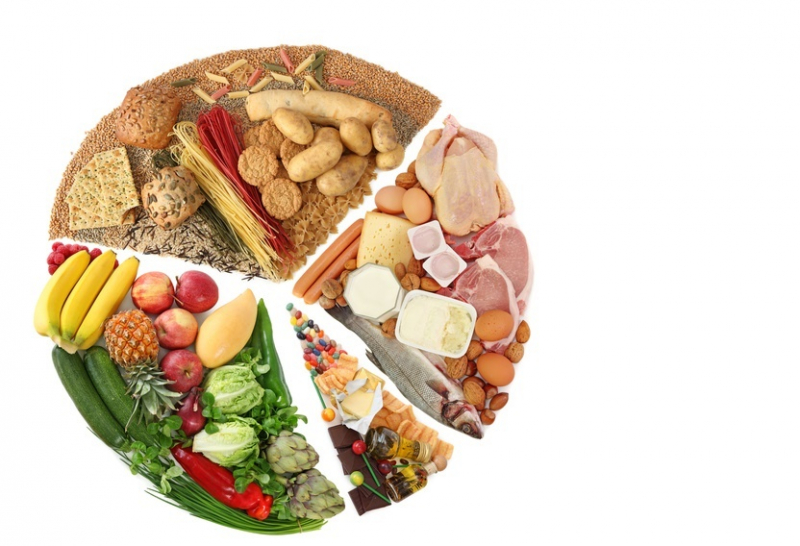
Track your macronutrient intake 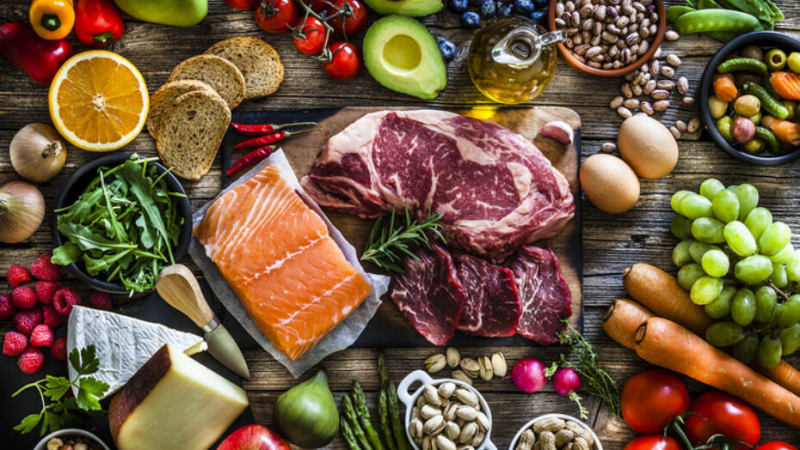
Track your macronutrient intake -
Despite all of the benefits of a ketogenic diet (such as weight loss), there is one major negative effect to be aware of: the keto flu. Keto flu affects a small percentage of people, but those who do might feel awful.
The keto flu is a term used to describe the period after the start of a keto when your body adjusts to using fat for energy. You may feel exceedingly lethargic in your limbs for the first week or ten days. It may seem hard to walk upstairs. It's possible that you'll have mental fog, muscle soreness, and indigestion, among other unpleasant symptoms. Because of the reduction in fiber consumption, keto often causes constipation or diarrhea. If keto flu symptoms appear, drink plenty of water and supplement with electrolytes (sodium and potassium) to help your body recover as fast as possible.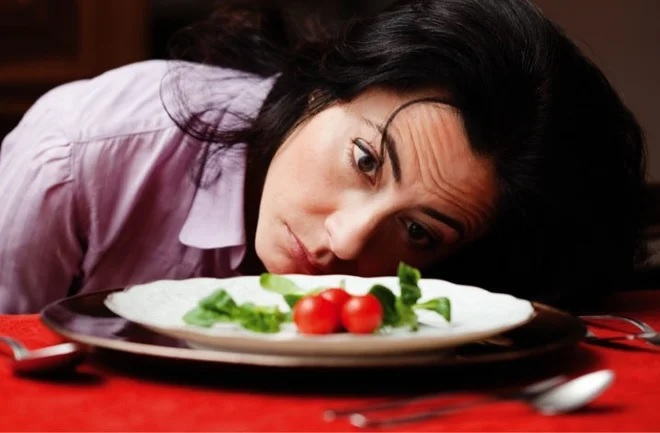
Expect some side effects 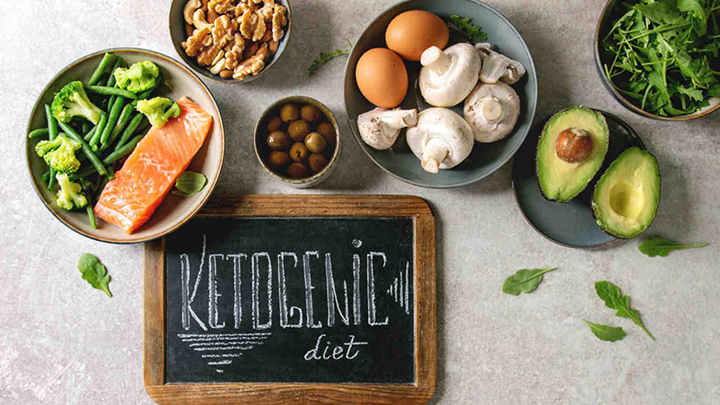
Expect some side effects -
Keto is a great diet for some individuals, but it isn't right for everyone. If it's not working for your body or your lifestyle, don't force it—there may be alternative eating options that are a better match.
Ketogenic diets are also not long-term maintainable for the majority of people. When you need to reduce weight or "reset" unhealthy eating patterns, a keto diet should be used for a limited period of time. A reasonable long-term objective is to gradually transition to a healthy diet with fewer sweets and carbs. Those who are on insulin, as well as those on oral and noninsulin injectable medications for high blood sugar or high blood pressure, should think twice about starting keto or at least talk to your doctor before trying it out.

Know when to call it quits 
Know when to call it quits












